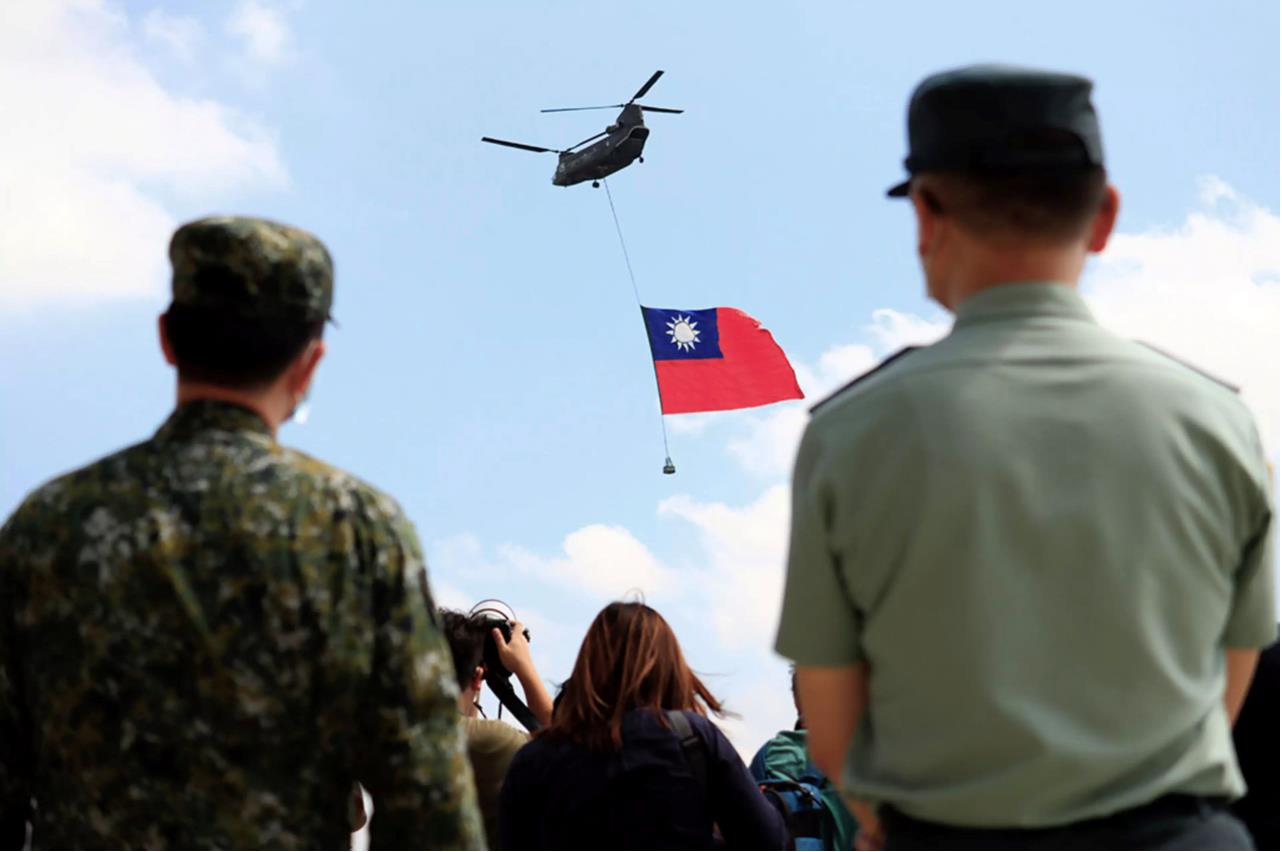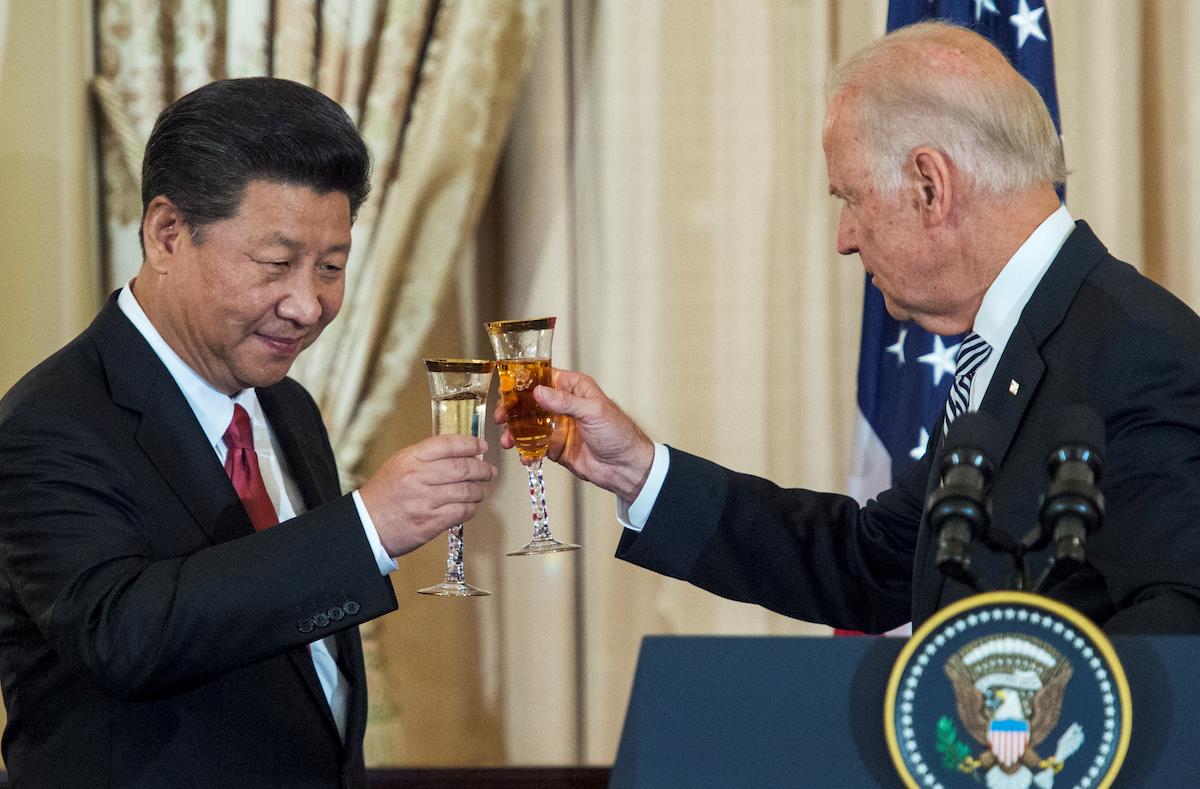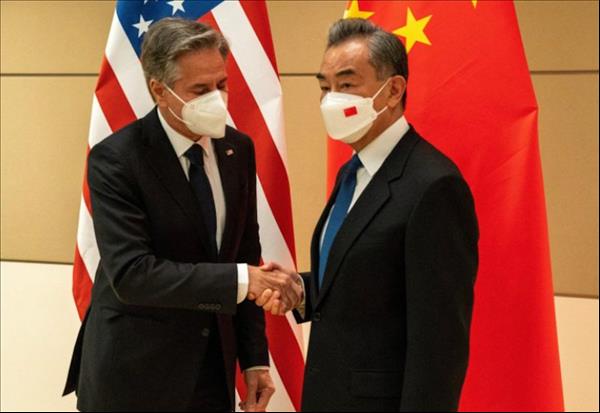
The Dirt Muddying US-China Relations
The key geopolitical protagonists in Ukraine are likely to draw disparate conclusions from the conflict. That is true whether their participation entails direct support, proxy involvement or a mix of the two.
For the West, particularly NATO, Ukraine is a lesson in unity, shared values, collective security and resistance to aggression. It is also seen as a clear message to third-party states that aggression does not pay.
For Russia, the Western response is viewed as a product of the West's ongoing hostility and historical reluctance to recognize Russia's deeply held security interests. NATO's sustained eastward expansion reinforces this perception.
With the ruble having surpassed pre-invasion levels and the impending winter reinforcing Russia's strategic leverage over Western Europe due to the latter's persistent energy dependence, Russia sees the combined Western response as unsustainable, if troublesome.
For China, the message received from Ukraine regarding Taiwan and other flash points may not be the one intended by Western allies.
With increasing amounts of aid flowing from the United States, the European Union and specific NATO countries such as Poland, the West is mired in a strategic impasse, with an open-ended commitment of financial resources and materiel and no obvious endgame during a time of fundamental global disruption and economic dislocation.
Masking this precarious dynamic is the carousel of visits undertaken by Western leaders to salute the courage of Ukrainian President Volodymyr Zelensky and the Ukrainian people. The visits do not affect the strategic equation but Ukraine is portrayed as an ongoing triumph.
In Beijing, the war is most likely seen as another manifestation of the West's tendency to cast stalemate as success, ill-targeted aid as resolve, sanctions as salvation and feel-good images as substantive progress.

A helicopter flies a Taiwanese flag in Taoyuan, Taiwan. Photo: Ceng Shou Yi / NurPhoto / Getty Images
Such disparate perceptions on the part of the United States and China regarding Ukraine could lead to miscalculation and conflict in Taiwan. Extrapolating“lessons” from one region to another to promote desirable state conduct is dangerous as surface similarities can mask deep-seated differences.
US Speaker of the House Nancy Pelosi's in August 2022 was an attempt to extend the Kiev playbook to Taipei without due regard for the unique place the island occupies in the Chinese psyche and calculus of national interest.
Photo opportunities driven perhaps by domestic electoral considerations can become real-world provocations in such a context. Pelosi's visit to Taiwan implies concrete, even military, engagement — reinforcing similar, but often contradictory, public statements made by US President Joe Biden regarding the“One China” policy.
Biden's most recent statement affirming US intentions to defend Taiwan with troops and materiel constituted the latest expression of wholesale US defense support for Taiwan. In this context, strategic ambiguity can rapidly devolve into strategic confusion and result in miscalculation.
China currently views the United States as a superpower rival and historical hegemon beset by civic turmoil and social ills. It also sees Washington as a self-proclaimed model democracy that has now trained the state apparatus on Donald Trump, the former president and unofficial leader of the opposition party.
Such social malaise and political dysfunction confirm official perceptions that the correlation of forces is moving in China's favor.
These beliefs could embolden the current leadership to engage in incendiary rhetoric or intemperate action in the South China Sea and elsewhere. Chinese officials might further undervalue the latent wellsprings of US power that have given the country a unique institutional resiliency and capacity to project force overseas.
US perceptions concerning the“cost-free” nature of highly public support for Taiwan and Chinese perceptions of US decline may collide in the form of a kinetic military event. Neither side has a monopoly on hubris in this dynamic.
What is needed is a ratcheting down of tensions, beginning with a resolution of the situation in Ukraine that unpacks the direct or proxy involvement of Russia, the United States and China to create a broader diplomatic space for Sino–US dialogue.
Regional players such as ASEAN, which remains committed to its“centrality” despite growing internal divergencies, and the East Asia Summit can play an important role in facilitating this process.
But the key is to recognize that while conflicts are intertwined in their global effects, they are not identical in their internal dynamics.
Developing suitable diplomatic approaches begins with understanding each side's core interests and tolerance levels free from self-serving and often erroneous perceptions of the other.
Ukraine and Taiwan highlight the challenge of managing disparate perceptions, the importance of avoiding miscalculations and counterproductive policy and the necessity of creating a relationship based on realistic, reciprocal expectations founded on the mutual recognition of core interests.

Chinese President Xi Jinping and US President Joe Biden in a file photo. The two leaders used to get along much better. Photo: AFP / Paul J Richards
Noise and bluster on both sides should not be allowed to detract from the patient rationalization of the US-China relationship — the bilateral dynamic that will define the future course of the global commons. Statesmanship predicated on rational explanations and assessments to promote global security and stability remains possible.
Posturing predicated on one-sided perceptions and pandering to domestic and international constituencies remains prevalent. The choice is clear, as are the likely outcomes of each path.
Those responsible for shaping the US-China relationship should acknowledge the possible alternative outcomes and recalibrate their expectations and perceptions to realize the“right” one.
Such a choice would embrace“coexistence plus” and mutual progress rather than stagnation and escalating hostility to arrest a spiraling dynamic of misperception and self-defeating, mutual“provocation” susceptible to sowing the seeds of an otherwise avoidable conflict.
Basil C Bitas is a Member of the Bars of New York State and Washington, DC. He is General Editor of ASEAN and the Belt and Road Initiative: Connectivity through Law and Commerce, Academy Publishing, Singapore Academy of Law, 2021.
This was first published by East Asia Forum, which is based out of the within the at the . It is republished under a Creative Commons license.

Legal Disclaimer:
MENAFN provides the information “as is” without warranty of any kind. We do not accept any responsibility or liability for the accuracy, content, images, videos, licenses, completeness, legality, or reliability of the information contained in this article. If you have any complaints or copyright issues related to this article, kindly contact the provider above.






















Comments
No comment